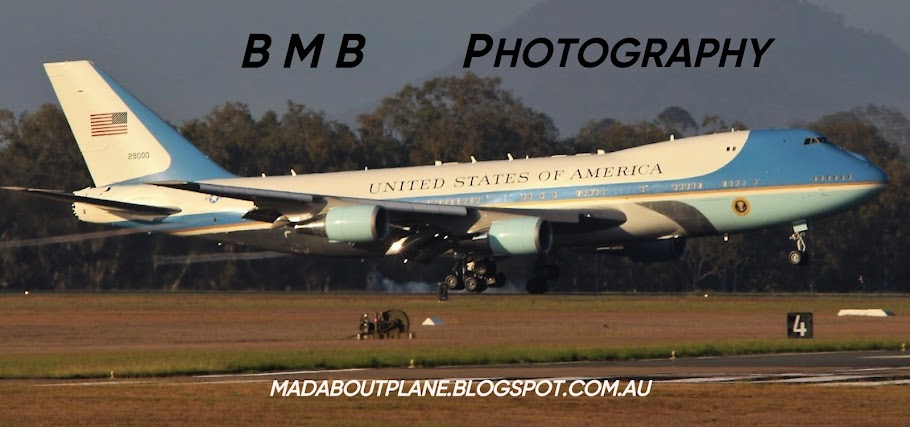Inspired by the EU261 and UK261 “passenger’s rights” legislation, the Airline Passenger Protections or ‘Pay on Delay’ bill will be presented to the Australian Senate on Monday the 26th of February by coalition senators Bridget McKenzie and Dean Smith.
The bill would provide “concrete protections for passengers to, from and within Australia and its territories in the event of flight delays, cancellations, or denials of boarding,” according to a joint statement by McKenzie and Smith.
This means that any domestic or international airline would be forced to pay passengers a set amount under a set of ‘trigger’ conditions in the event their flight is delayed or cancelled.
The Senators have not outlined those conditions or the resulting compensation payouts, but under the equivalent compensation schemes in the UK and Europe, passengers are entitled to between $400 and $1000 for delayed or cancelled flights, based primarily on the distance of their trip and length off the delay, but also allowing for how much notice an airline gives passengers.
Compensation is also required if a delay means a passenger misses a connecting flight on the same reservation. In certain circumstances passengers can also have their airfare fully refunded. However, allowances would likely be made for factors outside of an airline’s control, such as the impact of weather. The ‘Pay on Delay’ bill will also clarify that a passenger’s ticket “is on a particular flight, to a particular destination, at a particular time.”
“Australians deserve an aviation industry where planes take off and arrive on time, and their bags arrive with them,” affirms the statement by McKenzie and Smith.
“A recommendation of last year’s Aviation Senate inquiry was to review airline consumer protections, and this Bill will ensure passengers are being treated fairly by the airline industry in the future.”
At the moment, airlines including Qantas and Virgin Australia set their own compensation guidelines.
The airlines maintain that legally binding passenger compensation payments would only serve to increase airfares across the board, and “have done nothing to reduce delays and cancellations, or to deliver better outcomes for consumers” in countries where they are in place.
In its December 2023 response to an aviation green paper, Qantas warned “the introduction of mandatory compensation would be a backwards step that will do nothing to reduce delays and cancellations, will increase confusion and complaints and materially increase costs, ultimately leading to higher fares and potentially compromising the viability of marginal routes.”
However, the Australian Competition and Consumer Commission and consumer advocacy body Choice both backed calls for a compensation scheme.
To become law, the Coalition-backed Pay on Delay bill would require the support of crossbench senators – who are likely to be in favour of the proposal – before it could move to the House of Representatives, where Labor would need to approve the bill in its final form.
Story sourced from here
Qantas, Virgin could pay passengers for delayed, cancelled flights - Executive Traveller
The bill would provide “concrete protections for passengers to, from and within Australia and its territories in the event of flight delays, cancellations, or denials of boarding,” according to a joint statement by McKenzie and Smith.
This means that any domestic or international airline would be forced to pay passengers a set amount under a set of ‘trigger’ conditions in the event their flight is delayed or cancelled.
The Senators have not outlined those conditions or the resulting compensation payouts, but under the equivalent compensation schemes in the UK and Europe, passengers are entitled to between $400 and $1000 for delayed or cancelled flights, based primarily on the distance of their trip and length off the delay, but also allowing for how much notice an airline gives passengers.
Compensation is also required if a delay means a passenger misses a connecting flight on the same reservation. In certain circumstances passengers can also have their airfare fully refunded. However, allowances would likely be made for factors outside of an airline’s control, such as the impact of weather. The ‘Pay on Delay’ bill will also clarify that a passenger’s ticket “is on a particular flight, to a particular destination, at a particular time.”
“Australians deserve an aviation industry where planes take off and arrive on time, and their bags arrive with them,” affirms the statement by McKenzie and Smith.
“A recommendation of last year’s Aviation Senate inquiry was to review airline consumer protections, and this Bill will ensure passengers are being treated fairly by the airline industry in the future.”
At the moment, airlines including Qantas and Virgin Australia set their own compensation guidelines.
The airlines maintain that legally binding passenger compensation payments would only serve to increase airfares across the board, and “have done nothing to reduce delays and cancellations, or to deliver better outcomes for consumers” in countries where they are in place.
In its December 2023 response to an aviation green paper, Qantas warned “the introduction of mandatory compensation would be a backwards step that will do nothing to reduce delays and cancellations, will increase confusion and complaints and materially increase costs, ultimately leading to higher fares and potentially compromising the viability of marginal routes.”
However, the Australian Competition and Consumer Commission and consumer advocacy body Choice both backed calls for a compensation scheme.
To become law, the Coalition-backed Pay on Delay bill would require the support of crossbench senators – who are likely to be in favour of the proposal – before it could move to the House of Representatives, where Labor would need to approve the bill in its final form.
Story sourced from here
Qantas, Virgin could pay passengers for delayed, cancelled flights - Executive Traveller


No comments:
Post a Comment